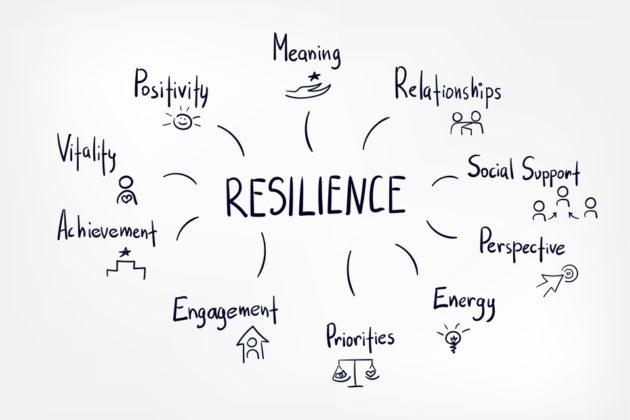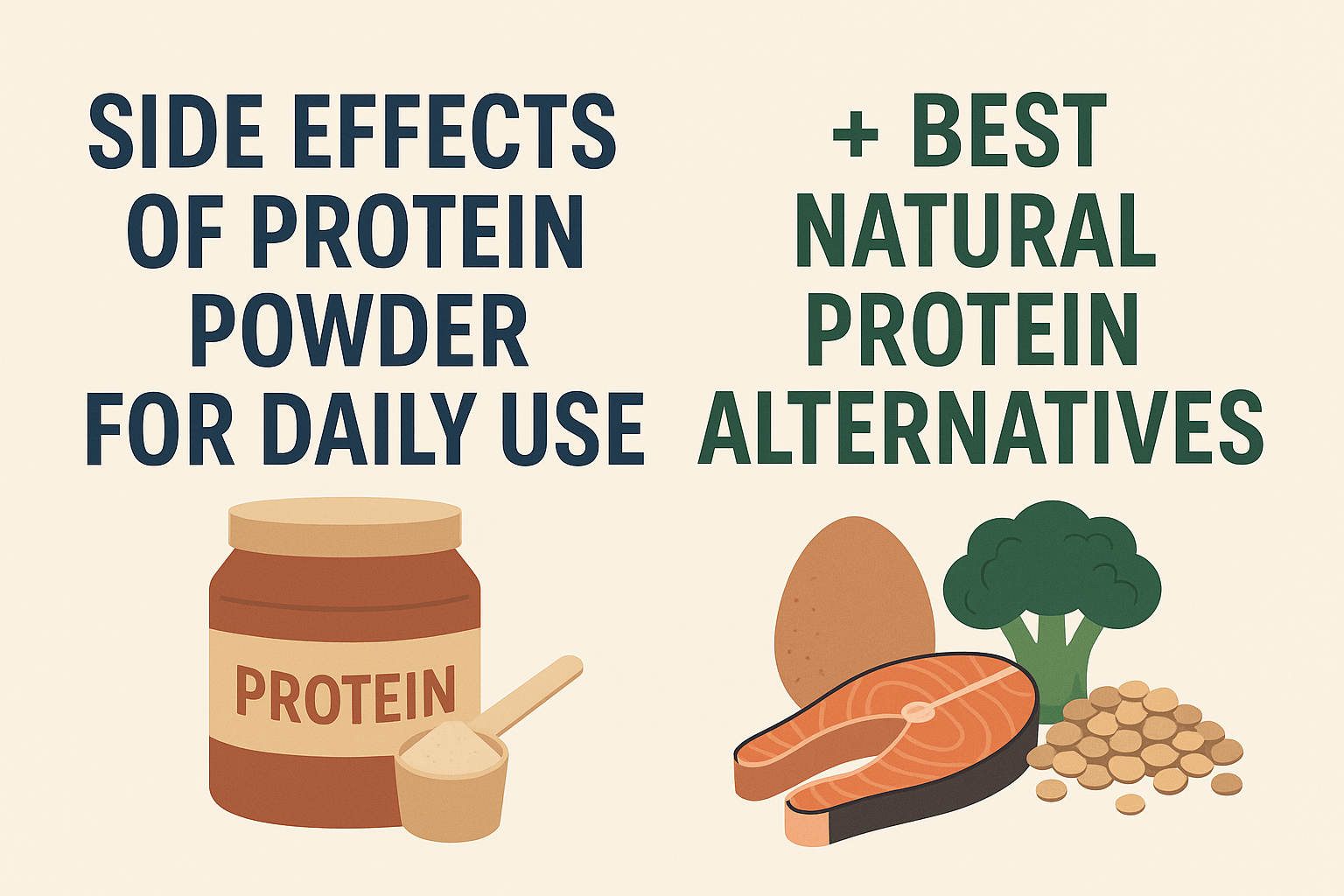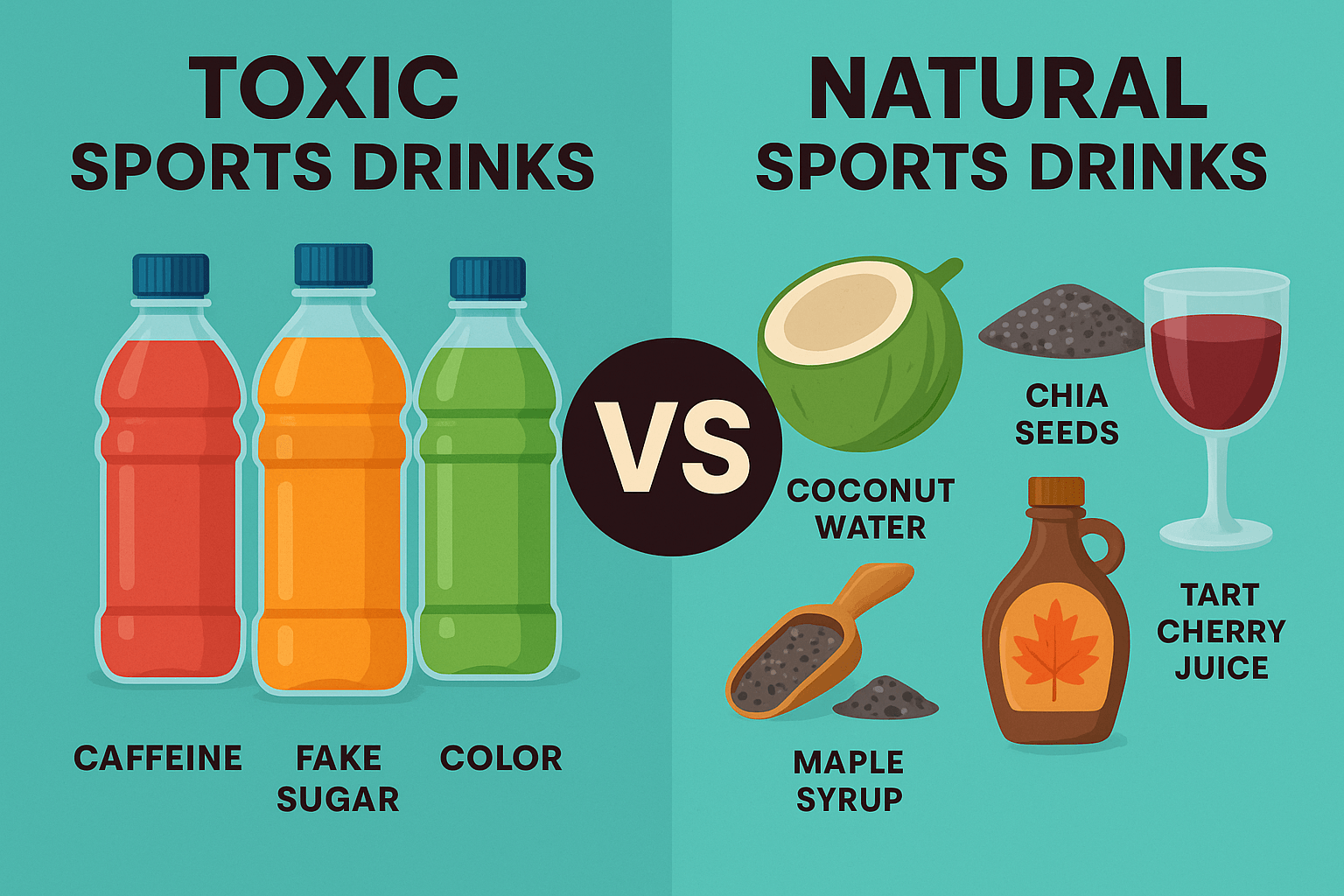Exercise Daily – Sports performance anxiety is a common issue that athletes face when competing at various levels. The pressure to perform, coupled with the fear of failure, can significantly impact an athlete’s performance and overall well-being. However, there are effective strategies and techniques that athletes can utilize to overcome sports performance anxiety and enhance their mental and physical performance. We will give you practical tips and insights on managing stress and anxiety to optimize athletic performance.
Sports Performance Anxiety
Sports performance anxiety refers to the psychological stress experienced by athletes when facing competitive situations. It can manifest as nervousness, tension, fear, or worry, and often stems from the fear of failure or the pressure to meet expectations. This anxiety can hinder an athlete’s ability to perform at their best, affecting their focus, confidence, and overall performance.
Anxiety in Athletes
Athletes are not immune to anxiety. The unique demands of competitive sports can trigger anxiety before, during, and after events. Let’s explore some common anxiety-related challenges athletes face:
1. The Pre-Game Jitters
Many athletes experience nervousness before a game or competition. This pre-game jitter, also known as performance anxiety, is often a mix of excitement and fear, which can either enhance or impair performance.
2. Fear of Failure
Athletes invest considerable time and effort in their training, and the fear of failure can be overwhelming. The pressure to perform well and meet expectations can lead to self-doubt and anxiety.
3. Performance Anxiety
Performance anxiety occurs during competitions and can hinder an athlete’s ability to perform at their best. The fear of making mistakes or underperforming can create a cycle of negative thoughts, affecting confidence and focus.
![How to Overcome Athlete's Sports Performance Anxiety [Stress Management Guide]](https://exercisedaily.com/wp-content/uploads/2023/07/Athletes-Sports-Performance-Anxiety-scaled.jpg)
Recognizing the Signs and Symptoms of Sports Performance Anxiety
To effectively manage sports performance anxiety, it is essential to recognize its signs and symptoms. These may include increased heart rate, rapid breathing, sweaty palms, negative thoughts, difficulty concentrating, and a sense of dread before competitions. By identifying these indicators, athletes can take proactive steps to address and alleviate their anxiety.
The Impact of Anxiety on Athletic Performance
Sports performance anxiety can have a significant impact on an athlete’s performance. The heightened stress levels can lead to decreased focus, impaired decision-making, muscle tension, decreased coordination, and reduced self-confidence. These factors can negatively influence an athlete’s ability to execute skills and perform at their best during competitions.
Anxiety can have a significant impact on athletic performance. Here are some ways in which anxiety can hinder an athlete’s abilities:
1. Decreased Focus and Concentration
Anxiety can make it challenging to concentrate on the task at hand. Athletes may find it difficult to focus on strategy, techniques, or instructions from coaches, resulting in poor performance.
2. Impaired Decision-Making
The heightened stress and anxiety levels can impair an athlete’s decision-making abilities. They may struggle to make quick and accurate decisions, leading to missed opportunities or errors on the field.
3. Physical Symptoms
Anxiety often manifests physically, causing symptoms like muscle tension, increased heart rate, and rapid breathing. These physical symptoms can affect an athlete’s coordination, agility, and overall performance.
4. Loss of Confidence
Anxiety can erode an athlete’s confidence, leading to self-doubt and negative self-talk. This loss of confidence can be detrimental to performance and may perpetuate a cycle of anxiety and underperformance.
5. Disrupted Sleep Patterns
Anxiety can disrupt sleep patterns, leading to fatigue and reduced physical and mental sharpness. Inadequate rest and recovery can have a direct impact on an athlete’s performance.
![How to Overcome Athlete's Sports Performance Anxiety [Stress Management Guide]](https://exercisedaily.com/wp-content/uploads/2023/07/Sports-Performance-Anxiety.jpg)
Developing a Mindset for Success
1. Setting Realistic Goals
Setting realistic and achievable goals is crucial for managing sports performance anxiety. By breaking down larger goals into smaller, attainable ones, athletes can maintain motivation and focus on their progress, rather than solely on the end result.
2. Visualizing Success
Visualization is a powerful technique that can help athletes overcome anxiety and enhance performance. By mentally rehearsing successful performances, athletes create positive neural pathways, boosting confidence and reducing anxiety.
3. Utilizing Positive Self-Talk
Positive self-talk involves replacing negative or self-doubting thoughts with positive and encouraging ones. By cultivating an optimistic internal dialogue, athletes can build resilience, boost confidence, and effectively manage anxiety.
Implementing Effective Stress Management Techniques
1. Deep Breathing and Relaxation Exercise
Deep breathing and relaxation exercises can help athletes manage stress and anxiety during competitions. By focusing on slow, controlled breathing and incorporating techniques such as progressive muscle relaxation, athletes can induce a state of calm and improve their ability to perform under pressure.
2. Progressive Muscle Relaxation
Progressive muscle relaxation involves systematically tensing and then relaxing each muscle group in the body. This technique helps athletes release physical tension and promote a state of relaxation, ultimately reducing anxiety levels.
3. Meditation and Mindfulness
Practicing meditation and mindfulness can significantly contribute to managing sports performance anxiety. By engaging in regular meditation sessions or mindfulness exercises, athletes can cultivate present-moment awareness, reduce stress, and improve mental clarity.
Building Confidence and Resilience
1. Building a Support Network
Having a strong support network is vital for athletes managing sports performance anxiety. Surrounding oneself with understanding coaches, teammates, friends, and family members can provide encouragement, reassurance, and guidance during challenging times.
2. Embracing Failure as a Learning Opportunity
Athletes can develop resilience by reframing failure as an opportunity for growth and learning. By embracing setbacks as part of the journey, athletes can bounce back stronger, learn from their experiences, and maintain a positive mindset.
3. Practicing Mental Imagery
Mental imagery, also known as visualization, involves mentally rehearsing specific movements, strategies, or scenarios related to sports performance. By regularly practicing mental imagery, athletes can enhance their confidence, focus, and overall performance.

Utilizing Performance-Enhancing Techniques
1. Pre-Performance Routines
Establishing pre-performance routines can help athletes manage anxiety and optimize their mental and physical state before competitions. These routines can include activities such as warm-up exercises, visualization, positive self-talk, and calming rituals.
2. Focus and Concentration Techniques
Improving focus and concentration is crucial for athletes aiming to overcome sports performance anxiety. Techniques such as setting specific intentions, using external cues, and narrowing attention can enhance an athlete’s ability to maintain focus during critical moments.
3. Utilizing Performance Imagery
Performance imagery involves mentally visualizing successful performances in vivid detail. By incorporating performance imagery into their training routine, athletes can reinforce positive neural pathways, enhance confidence, and manage anxiety.

Seeking Professional Help
1. Sports Psychologists and Mental Performance Coaches
Sports psychologists and mental performance coaches specialize in helping athletes overcome sports performance anxiety. They provide valuable insights, strategies, and personalized support to athletes, helping them develop effective coping mechanisms and optimize their mental game.
2. Cognitive-Behavioral Therapy (CBT)
Cognitive-Behavioral Therapy (CBT) is a widely used therapeutic approach for managing anxiety. It helps athletes identify and modify negative thought patterns and behaviors, providing practical tools to manage stress, build resilience, and enhance performance.
Balancing Work, Rest, and Recovery
Maintaining a balanced approach to training, rest, and recovery is essential for managing sports performance anxiety. Athletes need to prioritize adequate sleep, nutrition, and downtime to optimize their physical and mental well-being, reducing the risk of burnout and enhancing their overall performance.
Strategies to Manage Anxiety in Sports
Fortunately, there are strategies that athletes can employ to manage anxiety and optimize their performance. Some effective techniques include:
1. Breathing Techniques
To begin with, incorporating breathing techniques is an effective way for athletes to manage anxiety and find inner calm. By emphasizing slow, controlled breaths, athletes can not only regulate their heart rate but also induce a state of relaxation.
2. Cognitive Behavioral Therapy (CBT)
Moving on to another approach, Cognitive Behavioral Therapy (CBT) equips athletes with valuable tools to combat anxiety. By identifying and challenging negative thoughts and beliefs associated with anxiety, athletes can reframe their thinking and develop effective coping mechanisms.
3. Visualization and Mental Imagery
Visualizing successful performances and positive outcomes can help athletes build confidence and reduce anxiety. By mentally rehearsing their routines and strategies, athletes can enhance their focus and readiness.
4. Goal Setting
Setting realistic and achievable goals can alleviate anxiety by providing athletes with a sense of direction and purpose. Breaking down long-term objectives into smaller, manageable steps allows athletes to focus on incremental progress and build confidence along the way.
5. Relaxation Techniques
Practicing relaxation techniques such as progressive muscle relaxation, meditation, and yoga can help athletes reduce anxiety and promote a state of calmness before competitions.
Role of Nutrition in Overcoming Anxiety and Fear
1. Foods that Promote Calmness and Reduce Anxiety
Certain foods possess natural calming properties that can help alleviate anxiety and promote a sense of calmness. Examples include chamomile tea, dark chocolate, fatty fish rich in omega-3 fatty acids, and foods containing complex carbohydrates like whole grains.
2. Essential Nutrients for Stress Management
Adequate intake of essential nutrients is crucial for managing stress and anxiety. Nutrients such as magnesium, B vitamins, vitamin C, and zinc play vital roles in supporting the nervous system and regulating stress hormones. Including foods like leafy greens, nuts and seeds, citrus fruits, and lean meats can help maintain optimal nutrient levels.
3. The Importance of a Balanced Diet
Following a balanced diet that includes a variety of whole foods is essential for overall well-being and mental health. Avoiding excessive consumption of processed foods, refined sugars, and caffeine can prevent spikes in anxiety levels. Opting for a diet rich in fruits, vegetables, lean proteins, and healthy fats provides the necessary nutrients for mental clarity and stability.

Exercise and Its Effects on Anxiety and Fear
1. Physical Activity and Stress Reduction
Engaging in regular physical activity is an effective way to reduce anxiety and fear. Exercise releases endorphins, which are known as “feel-good” hormones that improve mood and reduce stress. It also helps regulate cortisol levels, a hormone associated with stress response. Incorporating at least 30 minutes of moderate-intensity exercise, such as brisk walking or cycling, into your daily routine can significantly improve mental well-being.
2. Choosing the Right Type of Exercise
Different types of exercise have varying effects on anxiety and fear. While aerobic exercises like running and swimming are known to be beneficial, activities such as yoga, tai chi, and Pilates emphasize mind-body connections, promoting relaxation and mindfulness. Finding a combination of exercises that suits your preferences and goals can enhance the overall effectiveness of your routine.
3. Incorporating Mind-Body Exercises
Mind-body exercises, as mentioned earlier, can be particularly beneficial in managing anxiety and fear. Practices like meditation, deep breathing exercises, and progressive muscle relaxation can help calm the mind, reduce stress, and improve focus. Integrating these exercises into your daily routine can provide long-term benefits for mental well-being.
Strategies for Combining Nutrition and Exercise
1. Pre-Workout and Pre-Performance Meals
Consuming a balanced meal before workouts or performances can provide the necessary energy and nutrients for optimal performance. Include a combination of carbohydrates for fuel, lean proteins for muscle repair, and healthy fats for sustained energy. Examples of pre-workout meals include whole-grain toast with peanut butter and banana or grilled chicken with quinoa and vegetables.
2. Hydration and Its Impact on Mental Well-being
Staying properly hydrated is crucial for maintaining mental well-being. Dehydration can negatively affect mood, cognitive function, and physical performance. Ensure you drink enough water throughout the day, especially before, during, and after exercise. Consider adding electrolytes or sports drinks for more intense workouts or prolonged physical activities.
3. Post-Workout Recovery and Relaxation
After intense workouts or performances, prioritize post-workout recovery and relaxation. This includes consuming a balanced meal or snack within the post-workout window to replenish energy stores and aid in muscle recovery. Additionally, engaging in relaxation techniques such as stretching, foam rolling, or taking a warm bath can help reduce muscle tension and promote mental relaxation.
Other Lifestyle Factors for Overcoming Anxiety and Fear
1. Adequate Sleep and Rest
Sufficient sleep and rest are essential for mental and physical well-being. Lack of sleep can contribute to heightened anxiety and decreased cognitive function. Aim for 7-9 hours of quality sleep each night and establish a relaxing bedtime routine to improve sleep hygiene.
2. Stress Management Techniques
Implementing stress management techniques can be beneficial in combating anxiety and fear. These techniques may include journaling, practicing mindfulness, engaging in hobbies, or seeking professional help through therapy or counseling.
3. Building a Supportive Network
Surrounding yourself with a supportive network of friends, family, or mentors can significantly impact your ability to overcome anxiety and fear. Having individuals who understand and encourage your goals can provide emotional support and guidance during challenging times.
Conclusion
Overcoming sports performance anxiety is a journey that requires commitment, self-awareness, and the implementation of effective strategies. By understanding the signs and impact of anxiety, developing a success-oriented mindset, implementing stress management techniques, and seeking support when needed, athletes can effectively manage anxiety and optimize their athletic performance.
FAQs – How to Overcome Athlete’s Sports Performance Anxiety
1. Can sports performance anxiety be completely eliminated?
While it may be challenging to completely eliminate sports performance anxiety, athletes can learn to manage and mitigate its impact through various techniques and strategies.
2. Are there specific sports or athletes more prone to sports performance anxiety?
Certain sports or athletes may be more prone to sports performance anxiety due to factors such as high levels of competition, public scrutiny, or individual performance expectations. However, sports performance anxiety can affect athletes across various sports and skill levels.
3. How long does it take to overcome sports performance anxiety?
The duration to overcome sports performance anxiety varies for each individual. It depends on factors such as the severity of anxiety, the effectiveness of the techniques utilized, and the individual’s commitment to implementing strategies consistently.
4. Can nutrition and hydration affect sports performance anxiety?
Yes, nutrition and hydration play a crucial role in managing sports performance anxiety. Proper fueling and hydration can contribute to physical and mental well-being, providing athletes with the energy and focus needed to perform optimally.
5. Should athletes compete when experiencing sports performance anxiety?
It depends on the severity of the anxiety and its impact on the athlete’s well-being and performance. In some cases, taking a short break or seeking support from a coach or sports psychologist may be beneficial. Each athlete should evaluate their situation and make the best decision for themselves.
6. Are there any quick techniques to alleviate sports performance anxiety during competitions?
Deep breathing, positive self-talk, and focusing on present-moment awareness are some quick techniques that athletes can use to alleviate sports performance anxiety at the moment. However, long-term strategies and consistent practice are essential for managing anxiety effectively.




